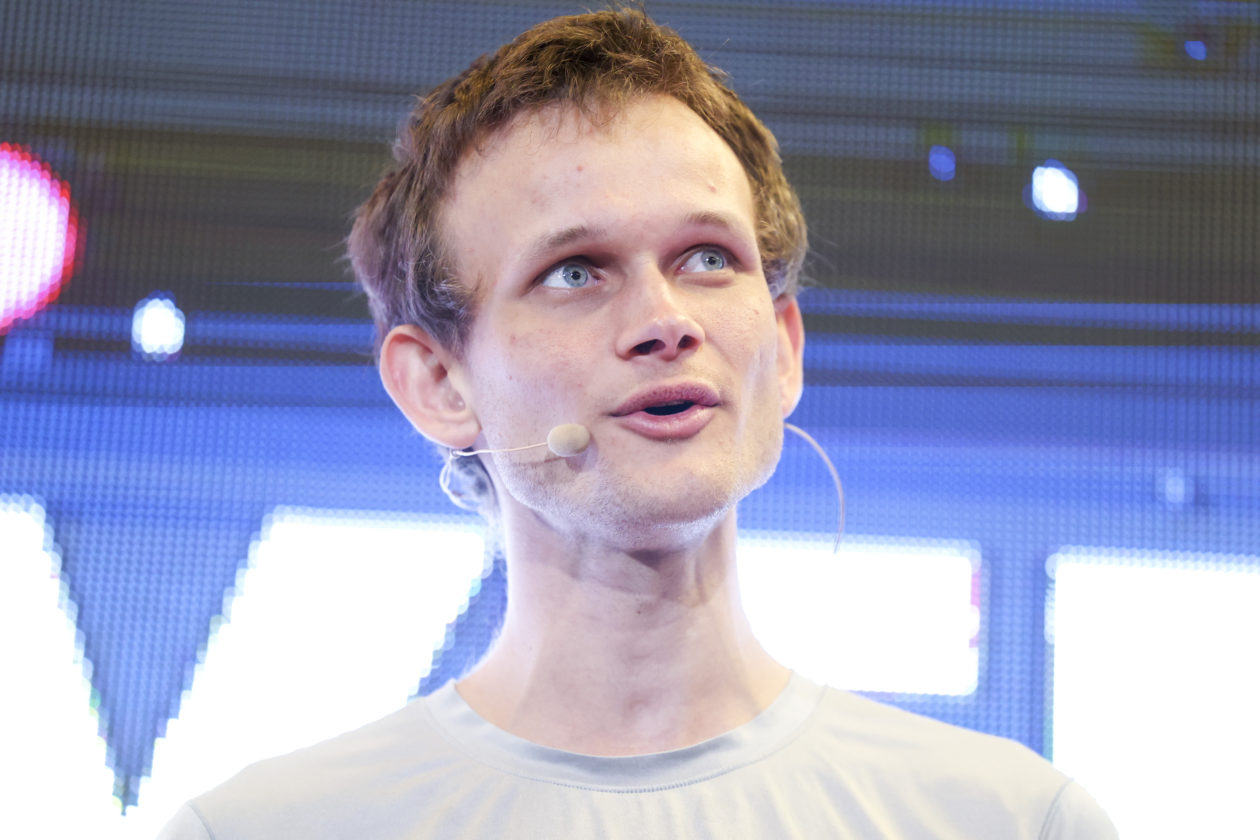Join Our Telegram channel to stay up to date on breaking news coverage
Ethereum’s struggle to improve the speed of its network continues even after the Merge, and the project’s co-founder, Vitalik Buterin, believes that zk-EVMs (zero-knowledge Ethereum Virtual Machines) could help. In his recent post, published on March 31st, Ethereum’s co-founder said that zk-EVMs could be built on the network’s first layer.
Doing so would speed up the blockchain’s verification process, but it would not compromise security or decentralization, which has been one of the major concerns of the rest of the project’s community. Buterin continued by saying that this technology would allow EVMs to execute smart contracts on the blockchain with ZK proofs.
How will Ethereum's multi-client philosophy interact with ZK-EVMs?https://t.co/MPpTPNhldR
— vitalik.eth (@VitalikButerin) March 31, 2023
In order to ensure decentralization all the way down to the protocol level, Ethereum was created with something called a multi-client philosophy. However, according to the project’s co-founder, zk-EVMs at L1 would introduce the third type of client. He said that “Once that happens, zk-EVMs de-facto become a third type of Ethereum client, just as important to the network’s security as execution clients and consensus clients are today.”
In this scenario, the other two clients would represent consensus and execution clients. The consensus client is there to implement PoS and make sure that the nodes within the network can reach an agreement. As for the execution client, its job is to listen to new transactions broadcast to the network and execute them in standard EVM. After that, it makes a copy of the last state of the blockchain and holds it.
What would happen if zk-EVMs were implemented?
Thinking of possible solutions, Buterin noted that he first considered the pros and cons of treating L1 as the clearinghouse. He tried pushing almost all activity to layer 2. He then concluded that most apps tailored for layer 1 would become economically nonviable. Furthermore, small funds that are only worth up to a few hundred dollars would likely get stuck if gas fees become too high again.
He noted that L1-based apps would have to become open so that different clients would have different zk-EVM implementations. Each client would have to wait for proof that is compatible with its personal implementation before it accepts that a block is valid.
This approach has its benefits, of course, such as the fact that it would still keep the multi-client paradigm. Furthermore, an open zk-EVM infrastructure would make sure that new clients can be developed moving on. That would actually help Ethereum become even more decentralized at its base layer.
Updated roadmap diagram! pic.twitter.com/MT9BKgYcJH
— vitalik.eth (@VitalikButerin) November 4, 2022
He noted that zk-EVMs could be a good solution to The Verge, which is a part of the project’s roadmap that wants to make verifications easier at the base layer. There could be some latency issues or data inefficiency, but he believes that such challenges can be overcome fairly easily.
Related
- Vitalik Buterin NFT Collection Rakes in Millions on OpenSea
- Crypto Twitter explodes after the revelation that Vitalik Buterin has an NFT collection
- What Five Things Are Getting Buterin Excited For Ethereum?
Best Wallet - Diversify Your Crypto Portfolio
- Easy to Use, Feature-Driven Crypto Wallet
- Get Early Access to Upcoming Token ICOs
- Multi-Chain, Multi-Wallet, Non-Custodial
- Now On App Store, Google Play
- Stake To Earn Native Token $BEST
- 250,000+ Monthly Active Users
Join Our Telegram channel to stay up to date on breaking news coverage


